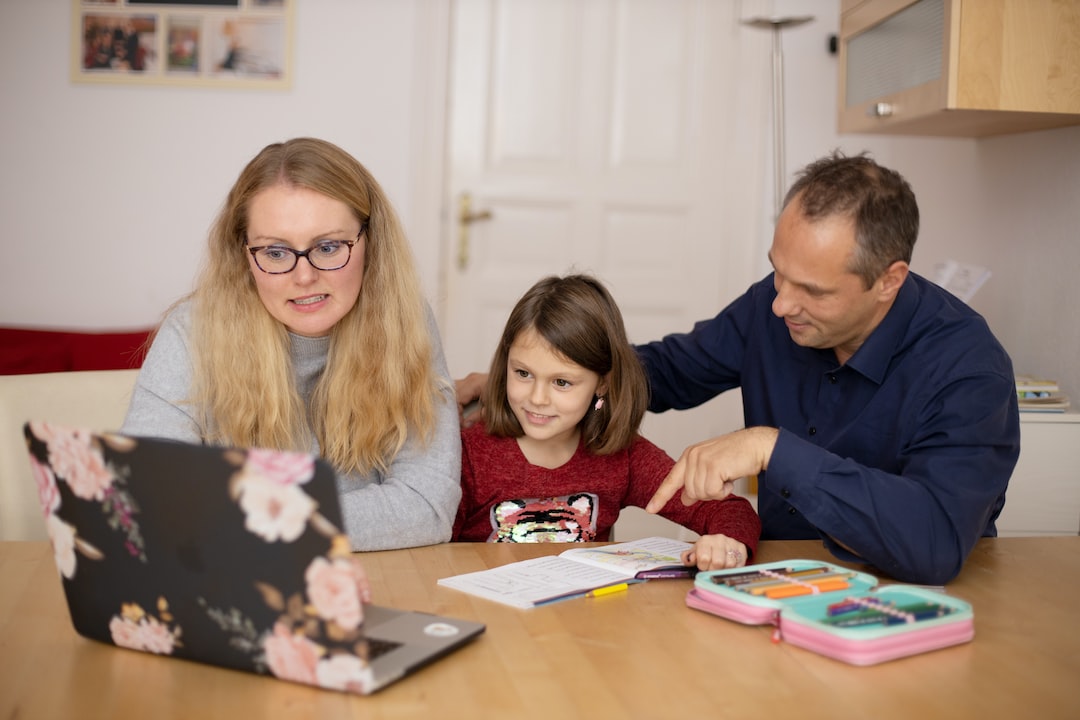Building Stronger Teacher-Student Relationships
In any educational setting, the quality of the relationship between teachers and students is vital. A strong teacher-student relationship not only enhances the overall learning experience, but also has a profound impact on the students’ personal and emotional development. Here, we will explore the importance of building stronger teacher-student relationships and discuss some effective strategies to achieve this goal.
Firstly, a positive teacher-student relationship fosters a supportive and nurturing environment in the classroom. When students feel connected to their teachers, they are more likely to actively participate and engage in the learning process. They feel comfortable asking questions, seeking help, and sharing their thoughts and opinions. This sense of trust and open communication encourages a dynamic and interactive classroom, benefiting both the students and the teacher.
Furthermore, a strong teacher-student relationship promotes a sense of belonging and emotional well-being. For many students, school is their second home and their teachers act as role models and mentors. By showing care, empathy, and understanding, teachers can create a safe space where students feel valued and appreciated. This in turn boosts students’ self-confidence and motivates them to excel academically and personally.
So, how can teachers build stronger relationships with their students? One crucial step is to get to know each student as an individual. Take the time to learn their names, interests, strengths, and weaknesses. Showing genuine interest in their lives outside of the classroom helps establish a personal connection, making students feel seen and understood.
Another important aspect is effective communication. Teachers must listen attentively and demonstrate empathy towards their students’ needs and concerns. Encourage open dialogue and provide constructive feedback to help students grow and improve. By being approachable and responsive, teachers can ensure that students feel supported and encouraged to express themselves freely.
Moreover, it is essential to create a positive classroom culture. Set clear expectations and hold all students accountable for their actions. Encourage collaboration, respect, and kindness among students, emphasizing the value of teamwork and cooperation. Celebrate each student’s achievements, big or small, and create opportunities for them to shine and be recognized.
Finally, teachers should continuously seek professional development opportunities to enhance their teaching skills and knowledge of each student’s unique needs. By staying informed about current educational trends, attending workshops and conferences, and engaging in lifelong learning, teachers can adapt their teaching methods to cater to the diverse learning styles and abilities of their students.
In conclusion, building stronger teacher-student relationships is an essential aspect of effective and impactful teaching. By establishing trust, promoting open communication, and creating a nurturing environment, teachers can inspire and empower their students to reach their full potential. Investing time and effort into cultivating these relationships benefits not only the students but also the entire educational community, leading to enhanced motivation, improved academic performance, and overall personal growth.

